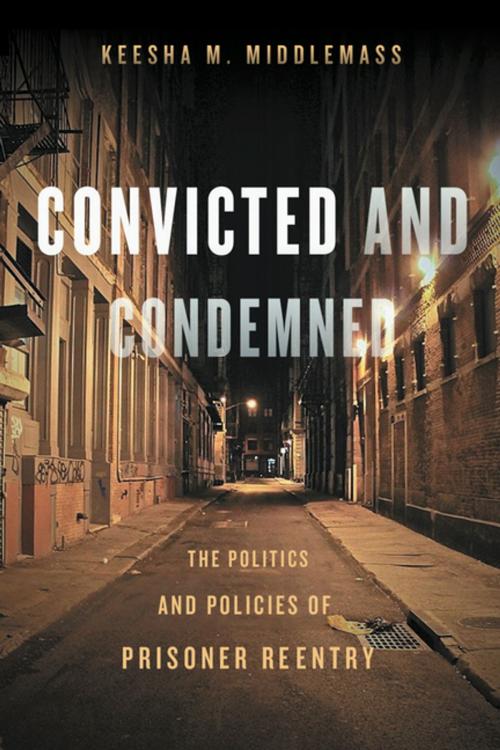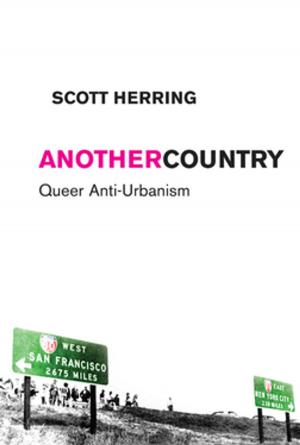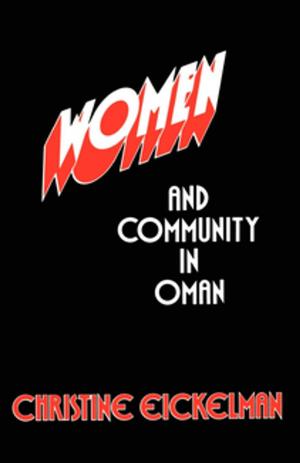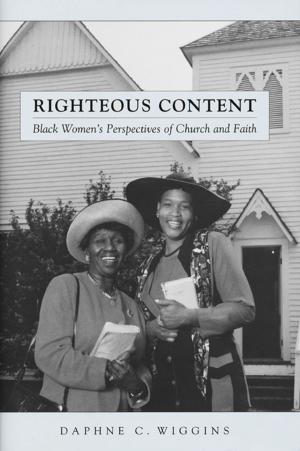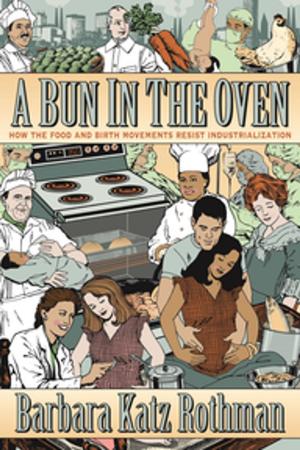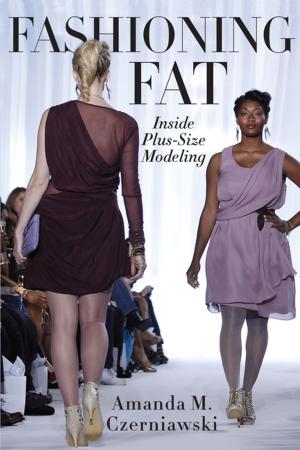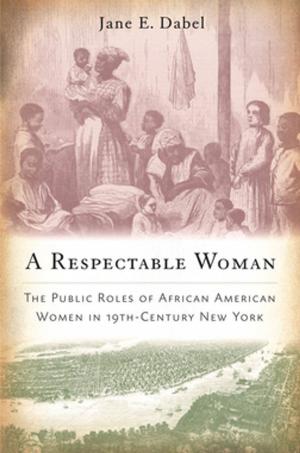Convicted and Condemned
The Politics and Policies of Prisoner Reentry
Nonfiction, Social & Cultural Studies, Social Science, Crimes & Criminals, Penology, Criminology| Author: | Keesha M. Middlemass | ISBN: | 9780814724330 |
| Publisher: | NYU Press | Publication: | June 27, 2017 |
| Imprint: | NYU Press | Language: | English |
| Author: | Keesha M. Middlemass |
| ISBN: | 9780814724330 |
| Publisher: | NYU Press |
| Publication: | June 27, 2017 |
| Imprint: | NYU Press |
| Language: | English |
Winner, W. E. B. DuBois Distinguished Book Award presented by the National Conference of Black Political Scientists
Through the compelling words of former prisoners, Convicted and Condemned examines the lifelong consequences of a felony conviction.
Felony convictions restrict social interactions and hinder felons’ efforts to reintegrate into society. The educational and vocational training offered in many prisons are typically not recognized by accredited educational institutions as acceptable course work or by employers as valid work experience, making it difficult for recently-released prisoners to find jobs. Families often will not or cannot allow their formerly incarcerated relatives to live with them. In many states, those with felony convictions cannot receive financial aid for further education, vote in elections, receive welfare benefits, or live in public housing. In short, they are not treated as full citizens, and every year, hundreds of thousands of people released from prison are forced to live on the margins of society.
Convicted and Condemned explores the issue of prisoner reentry from the felons’ perspective. It features the voices of formerly incarcerated felons as they attempt to reconnect with family, learn how to acclimate to society, try to secure housing, find a job, and complete a host of other important goals. By examining national housing, education and employment policies implemented at the state and local levels, Keesha Middlemass shows how the law challenges and undermines prisoner reentry and creates second-class citizens.
Even if the criminal justice system never convicted another person of a felony, millions of women and men would still have to figure out how to reenter society, essentially on their own. A sobering account of the after-effects of mass incarceration, Convicted and Condemned is a powerful exploration of how individuals, and society as a whole, suffer when a felony conviction exacts a punishment that never ends.
Winner, W. E. B. DuBois Distinguished Book Award presented by the National Conference of Black Political Scientists
Through the compelling words of former prisoners, Convicted and Condemned examines the lifelong consequences of a felony conviction.
Felony convictions restrict social interactions and hinder felons’ efforts to reintegrate into society. The educational and vocational training offered in many prisons are typically not recognized by accredited educational institutions as acceptable course work or by employers as valid work experience, making it difficult for recently-released prisoners to find jobs. Families often will not or cannot allow their formerly incarcerated relatives to live with them. In many states, those with felony convictions cannot receive financial aid for further education, vote in elections, receive welfare benefits, or live in public housing. In short, they are not treated as full citizens, and every year, hundreds of thousands of people released from prison are forced to live on the margins of society.
Convicted and Condemned explores the issue of prisoner reentry from the felons’ perspective. It features the voices of formerly incarcerated felons as they attempt to reconnect with family, learn how to acclimate to society, try to secure housing, find a job, and complete a host of other important goals. By examining national housing, education and employment policies implemented at the state and local levels, Keesha Middlemass shows how the law challenges and undermines prisoner reentry and creates second-class citizens.
Even if the criminal justice system never convicted another person of a felony, millions of women and men would still have to figure out how to reenter society, essentially on their own. A sobering account of the after-effects of mass incarceration, Convicted and Condemned is a powerful exploration of how individuals, and society as a whole, suffer when a felony conviction exacts a punishment that never ends.
